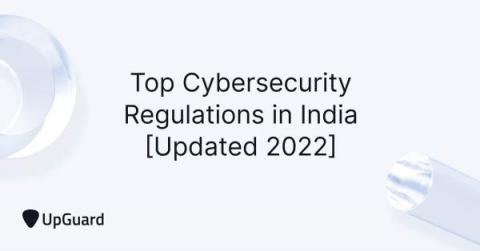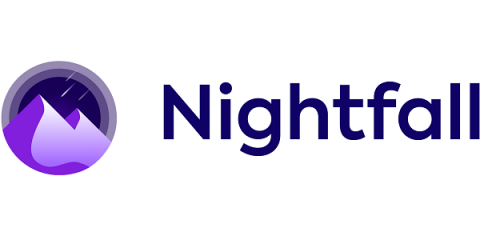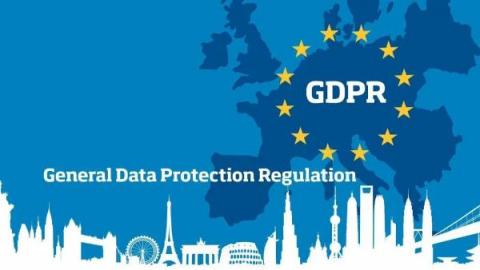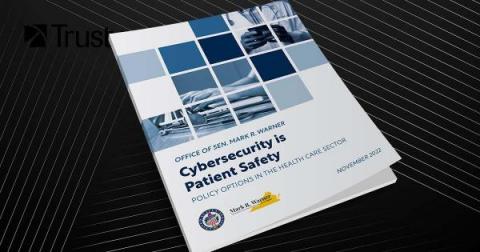Security | Threat Detection | Cyberattacks | DevSecOps | Compliance
November 2022
The Top 5 CCPA Software Solutions
The California Consumer Privacy Act (CCPA) is a law that allows California consumers to ask companies to provide them with all the information they have stored about them as well as a full list of any third parties that the company has shared that data with. In addition, the California law gives consumers the right to sue companies if the privacy guidelines are violated, even if there have been no actual breaches of privacy.
Top Cybersecurity Regulations in India [Updated 2022]
India’s ever-expanding digital infrastructure in the wake of the pandemic has escalated the demand for new, updated, and improved regulatory mandates for strengthening cybersecurity. Rampant cybersecurity incidents have been occurring weekly, alarming businesses, organizations, and individuals across India.
Regulatory Compliance in the Telecom Industry
The increasing use of cell phones has automatically led to unimaginable height of sharing of personal information online. Most routine actions, from providing information over the phone to opening a bank account to placing food orders, may now be accomplished from the convenience of your own home. While the telecom sector has enabled remote procedures, it has also hastened the spread of identity fraud and financial schemes.
An Overview of the California Data Breach Notification Law (+Compliance Template)
In this post, we’ll quickly cover the highlights of what you need to know about California’s Data Breach Notification Statute.
GDPR Training for Employees - Security Awareness
Scenario-Based Security Awareness Training Teaches Users to Make Better Decisions – Proofpoint Essentials Security Awareness Training. What is GDPR Awareness Training? Since 2018, companies and organisations have had to comply with The General Data Protection Regulation (GDPR), a European data privacy regulation and EU law that was made to give individuals more control over how their data is collected, used, and safeguarded online. Failure to comply with this EU law can result in hefty fines.
Sen. Mark Warner Calls for Better Cybersecurity for the Healthcare Industry
U.S. Sen. Mark Warner (D-Va.) issued the 35-page report Cybersecurity on Patient Safety on November 3, which called the ongoing transition to better cybersecurity for the healthcare sector as being painfully slow and inadequate. This is despite the fact the healthcare sector is uniquely vulnerable to cyberattacks.
Privacy Updates in Q2 2022: Major Developments Across the Globe
The third quarter saw some major developments across the privacy space. In the U.S., we saw a federal bill for comprehensive privacy achieve more than ever before, children’s privacy proved to remain a top concern, and the Federal Trade Commission formally began its heavily criticized “Magnuson-Moss rulemaking” process.









